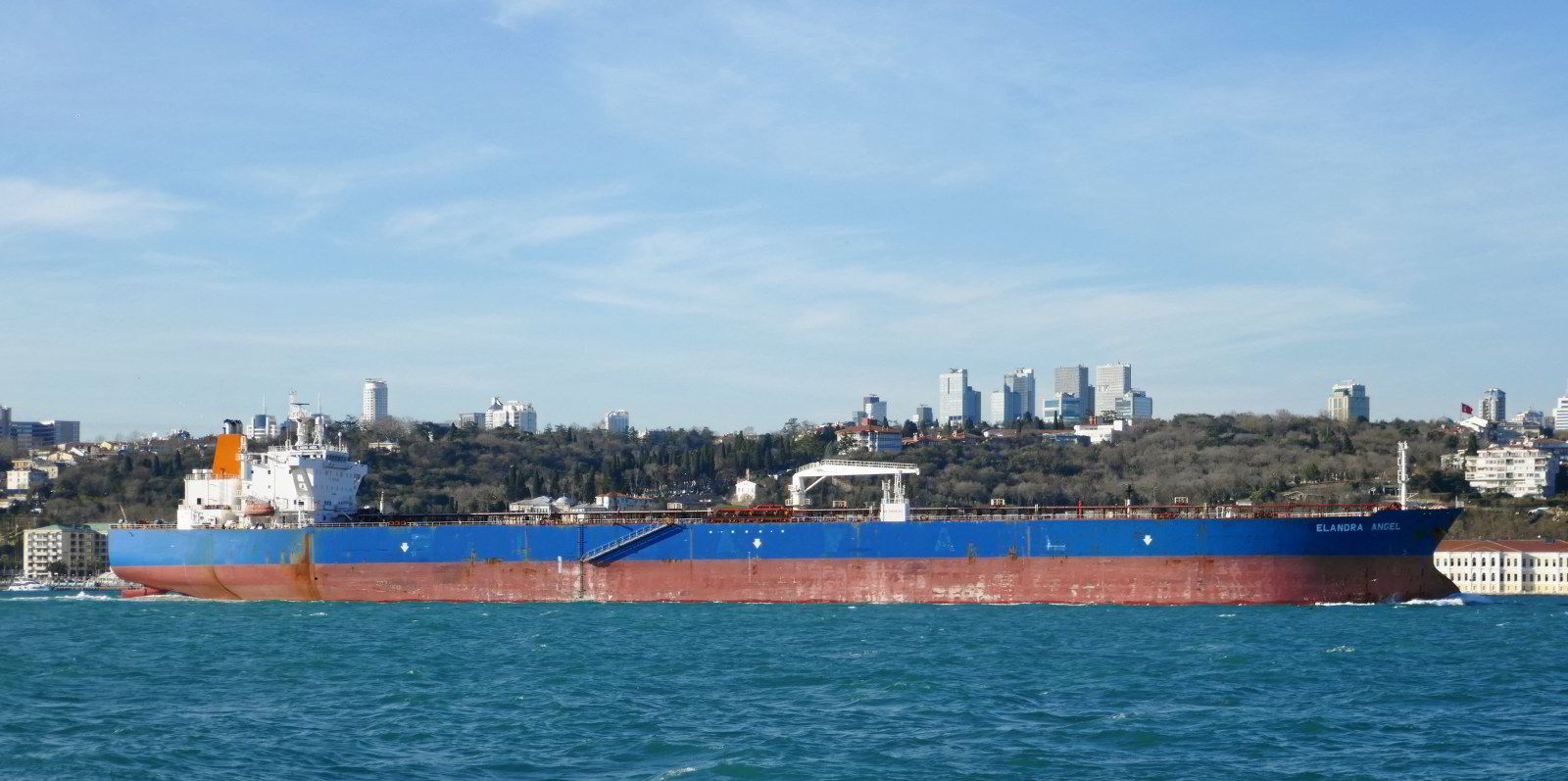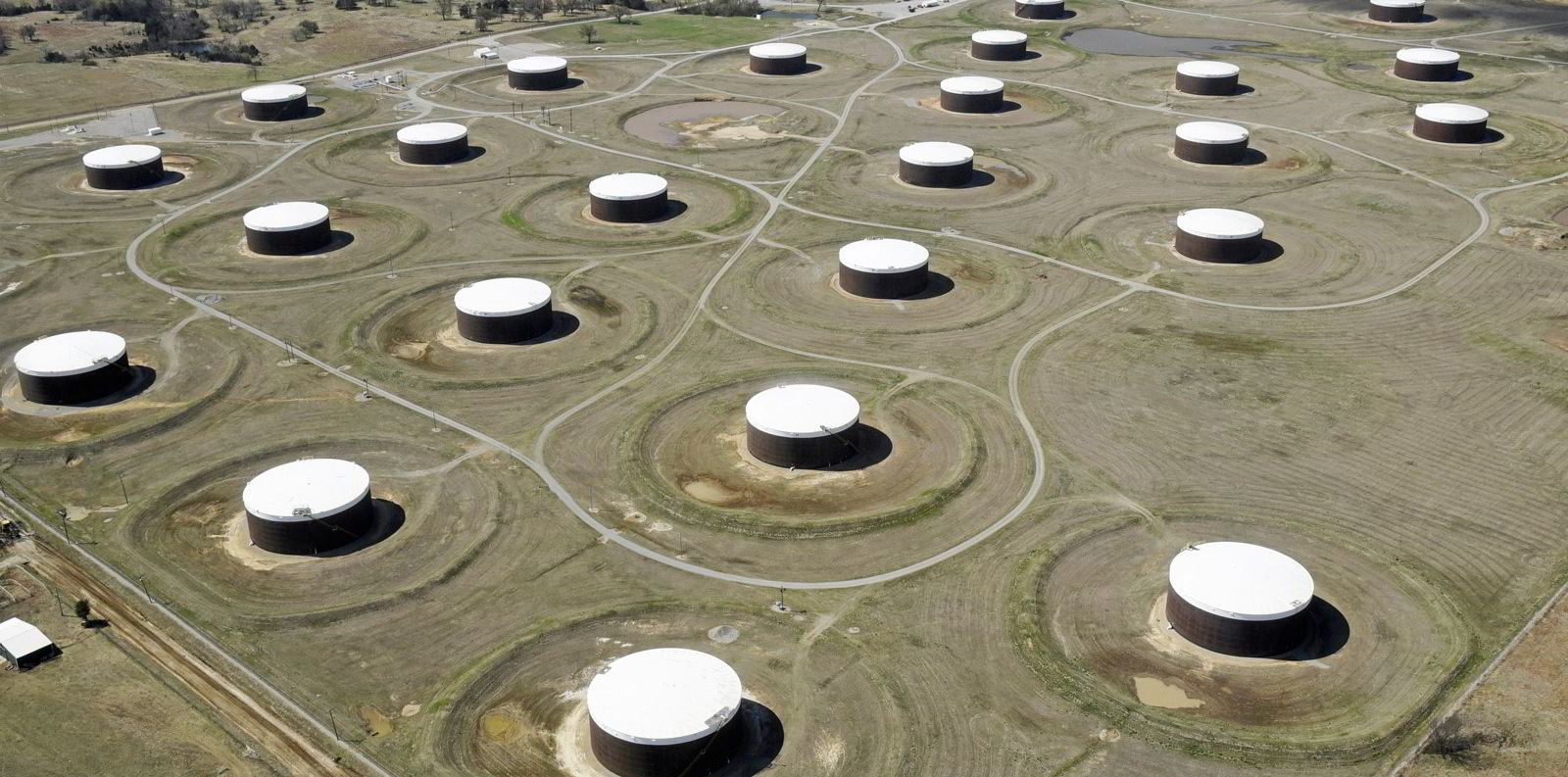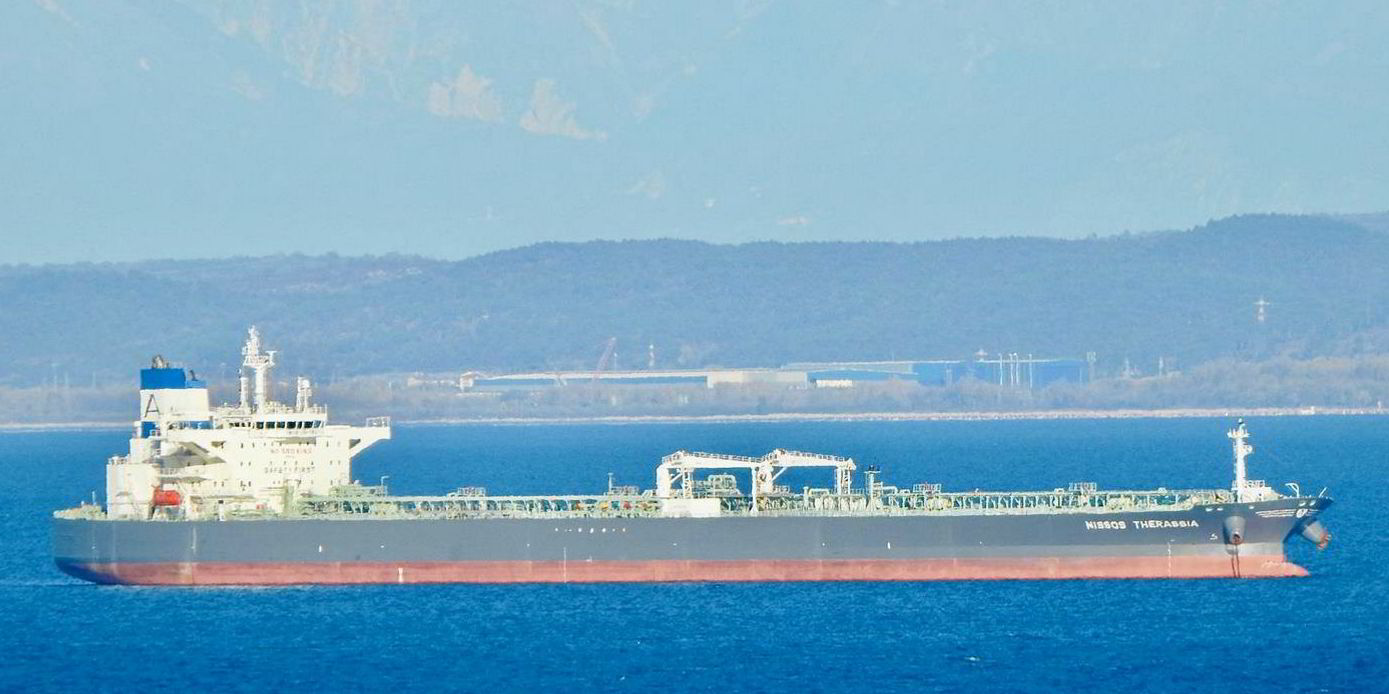Spot aframax earnings have risen to their highest in recent months, but some industry experts warn that the rally could soon be over.
Fearnley Securities estimated average aframax earnings at $8,514 per day on Wednesday, outperforming larger crude tankers and up from $2,504 per day on 17 February.
Brokers reported strong rates on several west-of-Suez trading routes amid weather-related delays in the Black Sea, the Caribbean and fixing activity in Libya and the North Sea.
Aframax earnings on the Caribbean-US Gulf route have jumped to nearly $16,900 per day — the highest since early December, according to the Baltic Exchange.
Cross-Mediterranean earnings have surged to around $23,200 per day — a nine-month high and a whopping $8,000-per-day gain over the prior week.
But Banchero Costa research head Ralph Leszczynski warned that the buoyant sentiment could be short-lived as charterers were only caught up in temporary vessel shortages.
Data from Clarksons Research showed total waiting days in the Turkish straits’ northbound and southbound traffic reached 14 days last Thursday — the longest since January 2020.
The congestion has since eased, with vessels waiting for 10 days as of Tuesday.
“The Mediterranean tanker market was on fire thanks mostly to the closures in the Turkish straits,” a commercial manager said. “But I think the rally will be short-lived. Tonnage is starting to be freed up now.”
He calculated that 10 vessels managed to get out of the southbound traffic on Monday.
With reduced crude supply from Opec+ and slow demand recovery during the Covid-19 pandemic, most tanker experts expect weak crude tanker earnings in the coming months.
Soft tanker rates
Clarksons Platou Securities — the investment banking arm of broker Clarksons — assessed spot suezmax earnings at $8,400 per day on Wednesday. That is down 3.8% compared to a week earlier.
While brokers reported some charterers were combing their aframax cargoes for suezmax shipments, the segment lacked any further upwards momentum.
Spot VLCC earnings were $4,100 per day amid persistently weak market conditions — half the levels seen in late January.
“Some VLCCs provisionally booked earlier in the week have failed to be concluded and sentiment has taken a hit,” Clarksons Platou said in a note.
“With still oil company relets plaguing the market, combined with older [and] compromised tonnage hanging around, rates are unlikely to jump any time soon.”






